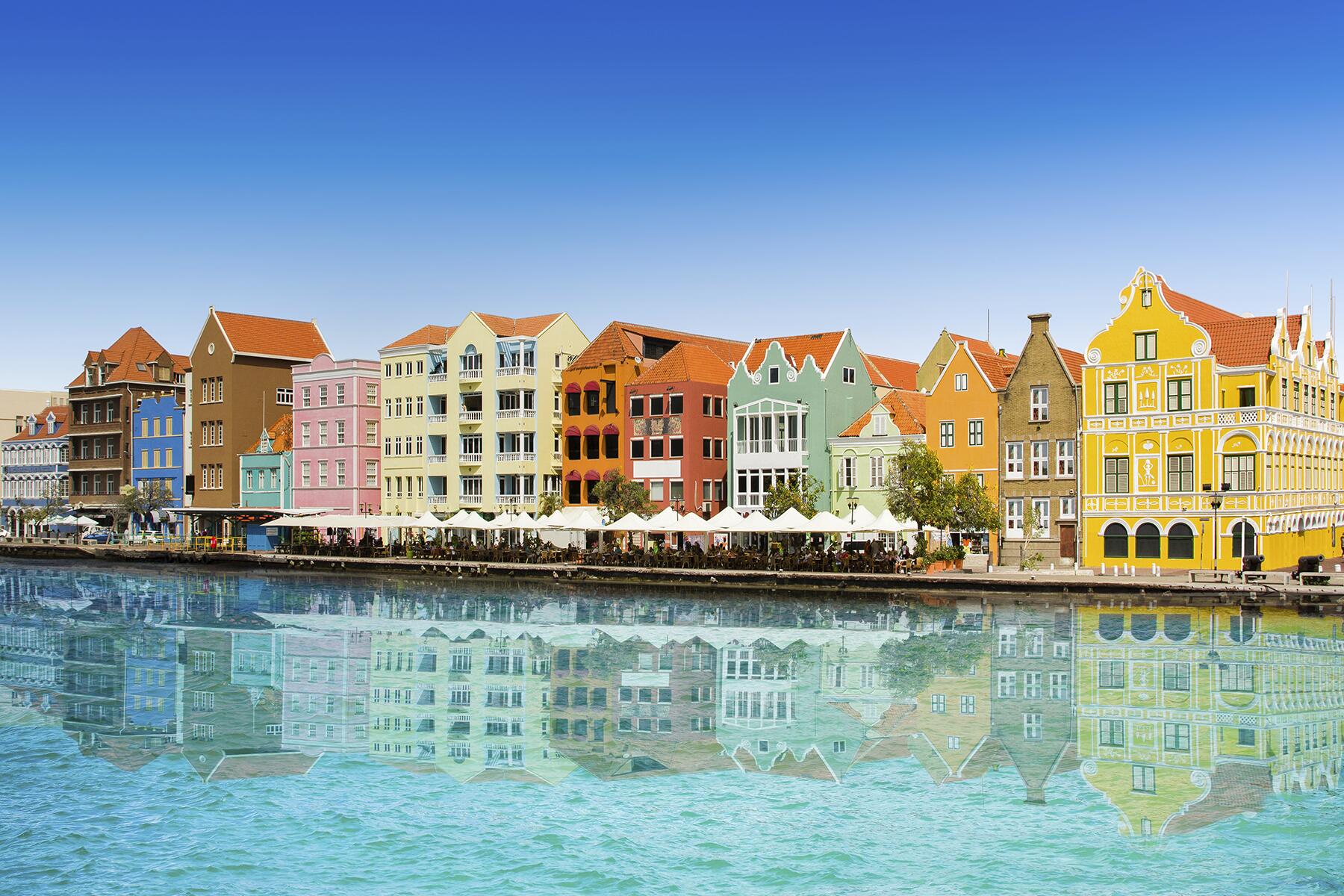It’s getting ugly up there.
In May, a flight attendant was punched by a passenger and she wound up with a bruise, chipped teeth, and a cut under her eye. In August, a man groped two flight attendants and he was duct-taped to his seat. In October, a flight was diverted because a man walked to the galley and punched a flight attendant twice in the face. Google “unruly passengers” and you’ll see case after case of passengers being rude, abusive, and violent on flights. Air rage is becoming increasingly common on flights and it’s worrisome as holiday travel approaches.
So far, there have been 5,033 cases of unruly behavior; 3,642 were mask-related. The Federal Aviation Administration (FAA) can’t prosecute passengers for violent behavior, but the agency has sent 37 cases to the Justice Department for criminal prosecution—it is a federal crime to disrupt or interfere with the duties of a crewmember. The FAA adopted a zero-tolerance policy in January this year to deal with the growing incidents of unruly behavior. Any passenger threatening cabin crew or disrupting a flight faces civil fines up to $37,000 and up to 20 years of jail time. By August, $1 million in fines had already been handed out.
Despite a campaign by the FAA to stop passengers from behaving badly, things are still getting heated up and flight attendants are facing the worst of it.
A survey by the Association of Flight Attendants (AFA) revealed that over 85% of respondents dealt with air rage in 2021 and 17% had a physical altercation. The union calls for criminal prosecution to reinforce change. Other recommendations include a ban on to-go alcohol at airports, along with a federal no-fly list, and criminal prosecution. Meanwhile, flight attendants are taking self-defense training to combat high-stress conflicts that escalate very quickly now.
Recommended Fodor’s Video
Flying is stressful for many reasons: cancelations, disruptions, wait times with customer service. “In airports, check-in times are longer than they were pre-pandemic as airline agents scramble to make heads and tails of all of a patchwork of COVID documentation requirements, and we’re even hearing reports from members of extended security lines for folks who have TSA Pre-Check,” Willis Orlando, Product Operations Specialist, Scott’s Cheap Flights, explains. He adds that being in close proximity with other passengers is also causing nervousness and tension.
And then there is the federal mask mandate that’s making people angry—it’s a highly politicized issue and getting people to mask up is one of the hardest parts of the job right now. It’s their duty to get passengers to comply with the federal mask mandate, and it often leads to altercations. On top of it, alcohol is making passengers uninhibited, adding fuel to fire. So much so that after a series of passenger outbursts, American and Southwest have extended their bans on alcohol sales till 2022.
As a passenger, is there anything you can do?
Don’t Be That Person!
First and foremost, do your part. Be on time, be respectful and patient when faced with queues and flight disruptions. Don’t drink too much before your flight or mid-air—alcohol hits you differently at an altitude. Most importantly, follow instructions. When the crew asks you to mask up, put up your tray, or open the blinds, they’re thinking of your safety. Listen to them.
Understand How Crew Operate
Cabin crew and the captain communicate constantly, which means that if something untoward happens, the plane might get diverted and the person responsible will be arrested. For you, it means delays and another flight.
Captain Giancarlo Buono, in a video by the International Air Transport Association (IATA), says that the pilots are locked into the cockpit and they rely on the cabin crew for information when something is wrong. “Cabin crew have all the support of the captains and first officers. We make sure that we land as soon as possible and we will make sure that the authorities intervene to take charge of the unruly passenger.”
The crew keeps tabs on how much a person is drinking on the plane and can cut them off to keep things calm. In addition, the FAA prohibits people from drinking their own alcohol on planes or at airports—only crew and airport bartenders can serve drinks.
So, it’s not just the cabin crew, it’s also the ground staff that keep an eye out on intoxicated and badly behaved passengers, and relay the same to the flight crew. They can also stop an intoxicated person from boarding the flight. It’s much easier to solve a problem on the ground than in the air, Captain Buono says.
Crew are trained to manage difficult passengers, from calming down passengers to reseating to involving authorities. And, they may even restrain violent passengers who pose a threat to the safety of other passengers and the aircraft. They will use whatever means necessary to keep everyone safe—that’s their primary job. If that means duct-taping a flyer to their seat—after getting the captain’s nod—they will do it.
Orlando, from Scott’s Cheap Flights, comments, “While recent footage of passengers taped to seats or otherwise restrained might be disturbing, it’s hard to argue with the idea that airline crews must take any reasonable measures at their disposal to ensure that a situation in the air does not become dangerous,” he says.
Actions You Can Take
If you think something is off with a fellow passenger, alert the crew discreetly. Don’t get into arguments or raise your voice with an inebriated or agitated passenger.
Orlando suggests, “One thing we’d advise passengers who see a situation start to escalate on board to do is to calmly try to interject to remind the disgruntled passenger that escalating a situation might lead to an emergency stop. Most people are not going to want to risk being further inconvenienced and delayed.” He adds that it might be better received from a fellow passenger than a crew member.
If an attendant asks you to change seats, comply with them. That’s one of the things they do to try to diffuse the situation. They can’t move someone who’s volatile, so they reseat other passengers who are getting troubled. Diffusing it before the passenger gets confrontational thousands of feet in the air is a win for everyone.
Pay attention to the situation. It might start off small and escalate, and an attendant might need help restraining someone or getting out of harm’s way. However, if a crew member asks you to stay out of it, keep calm and stay seated. You don’t want to be slapped with fines, too.
A good and comprehensive read, I had someone next to me recently who refused to wear her mask because she had asthme... Some people shouldn't travel.




Wow. I have asthma too and a mask only helps.